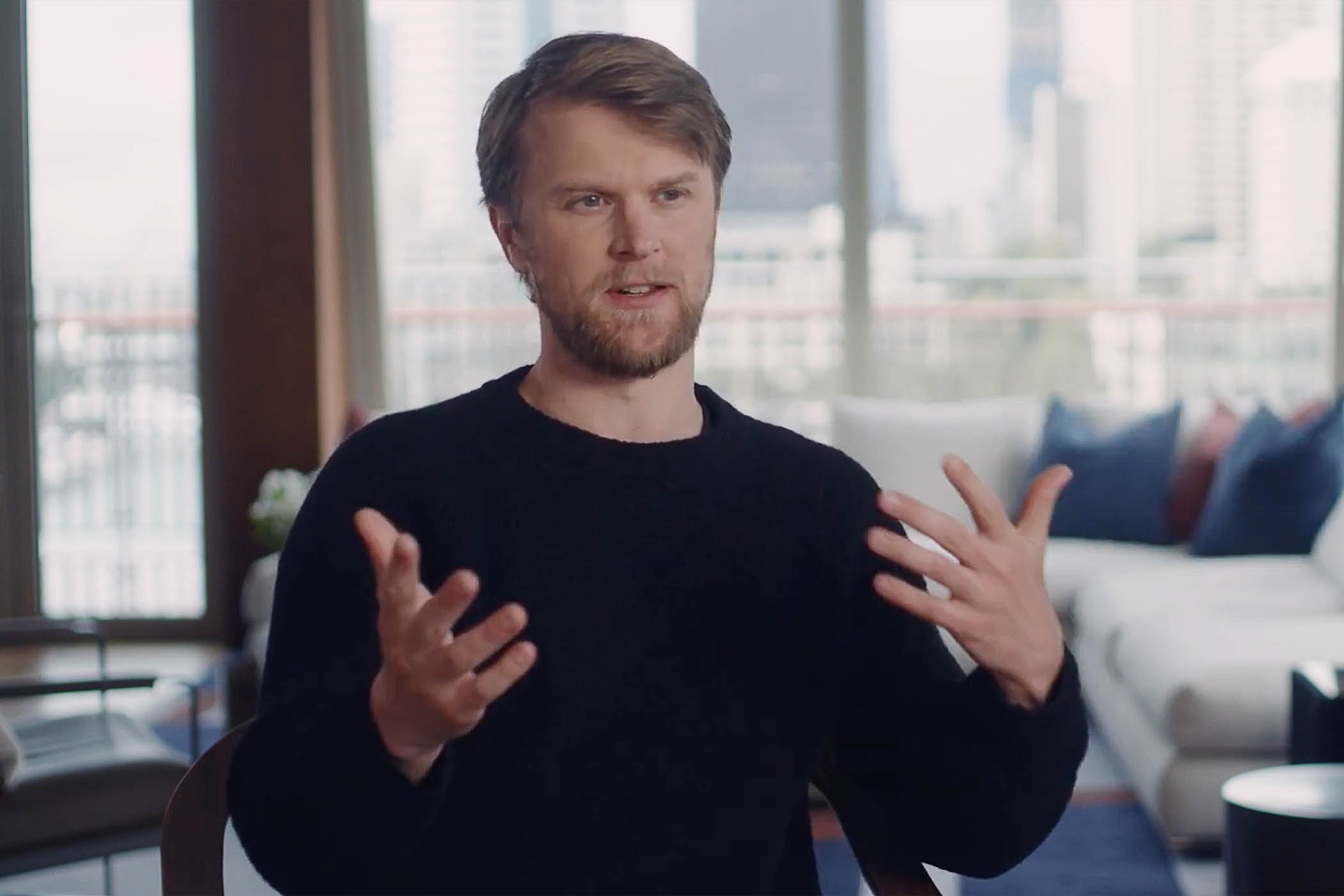Artificial intelligence is already transforming the world of work as we know it, no matter what industry you work in.
Across every sector, from healthcare to hospitality, technology is being used to make life-changing decisions for workers, affecting how people are hired, performance-managed or fired.
This impact on the workplace only stands to grow. Coupled with doomsday predictions about widespread job losses, it is little wonder that so many workers are concerned about their jobs being lost or displaced.
But it doesn’t have to be this way. Unmanaged disruption is neither inevitable nor acceptable. AI can be harnessed to the benefit of all workers. But to do so, its rapid proliferation must be met with an equally urgent and active policy response, and workers must be front and centre.
Here’s what needs to happen.
First, we need to make sure our labour laws keep up with the breakneck speed of technological change. AI-powered technologies, with inbuilt biases, are analysing facial expressions, tone of voice and accents to assess candidates’ suitability for roles. Left unchecked, it’s a recipe for disaster.
No one should be hired and fired by algorithm – there must be human involvement in such decisions. It’s vital we chart a different approach, including meaningful consultation with workers about the impact of AI, and what it will mean for jobs, recruitment, skills and retraining.
Second, we need a comprehensive plan to manage the sweeping changes that AI brings, or we risk repeating the disaster of deindustrialisation. A stark example is the creative industries – the canary in the coalmine.
Not only are creatives’ voices, images and words being stolen by AI companies, but the latest generative AI models threaten the very existence of entire industries.
With redundancies starting to creep in, leaving the future of key industries to the whims of the market isn’t going to cut it
With redundancies starting to creep in, leaving the future of key industries to the whims of the market isn’t going to cut it
While a conventional 30-second advert might have taken 20 skilled workers to put together, it can now be done in a matter of seconds by typing a two-sentence prompt. Needless to say, this has potentially devastating consequences for jobs.
Newsletters
Choose the newsletters you want to receive
View more
For information about how The Observer protects your data, read our Privacy Policy
With redundancies now starting to creep in, leaving the future of key industries to the whims of the market is not going to cut it. That’s why we need an effective voice at every level – in the workplace, at a sectoral level and nationally.
Drawing on the example of the green jobs taskforce, established under the previous government, we need to bring together trade unions, industry and government to manage the transition and ensure that workers’ voices are heard.
Third, we need an active government that leads the way.
Just look at our public services, which are being positioned as primary drivers of AI adoption. Fourteen years of Tory cuts left our NHS, schools and local government with aging and inadequate equipment. It is going to take real effort and resources to incorporate new technologies effectively. This cannot happen ethically, fairly or effectively without worker voice and expertise at the core.
We should also be demanding that technology is used to develop socially useful innovation rather than destructive gimmicks. AI should not be the latest plaything for billionaire tech bosses. It’s time to focus on the purpose of innovation, rather than the macho “bigger is better” mentality that dominates too much of the tech industry. That means ensuring the billions of pounds of public money spent every year on buying and funding innovation in AI systems come with strings attached.
Finally, we need a national conversation about how we will benefit from the digital dividend.
AI can be a productivity gamechanger. We need to make sure these gains benefit workers and are not simply siphoned away in excess profits, lining shareholder pockets. That means empowering workers and their unions to bargain for a fairer share, challenging the shareholder-first approach so that firms invest rather than extract. And it means a fair tax system that taxes online giants and their billionaire bosses properly.
It’s vital we get this right. The alternative is bleak: rampant inequality and discontent that the far right thrives on. Throughout history, unions have always sought to shape technology to protect and enhance workers’ rights, and deliver economic justice and social progress. And we are ready to do it again.
Paul Nowak, TUC general secretary, spoke on the subject of AI and jobs at The Observer’s Responsible Business Forum on 9 June. For more information on how to join, turn to page 45
Photograph by Stefan Amer/Getty


